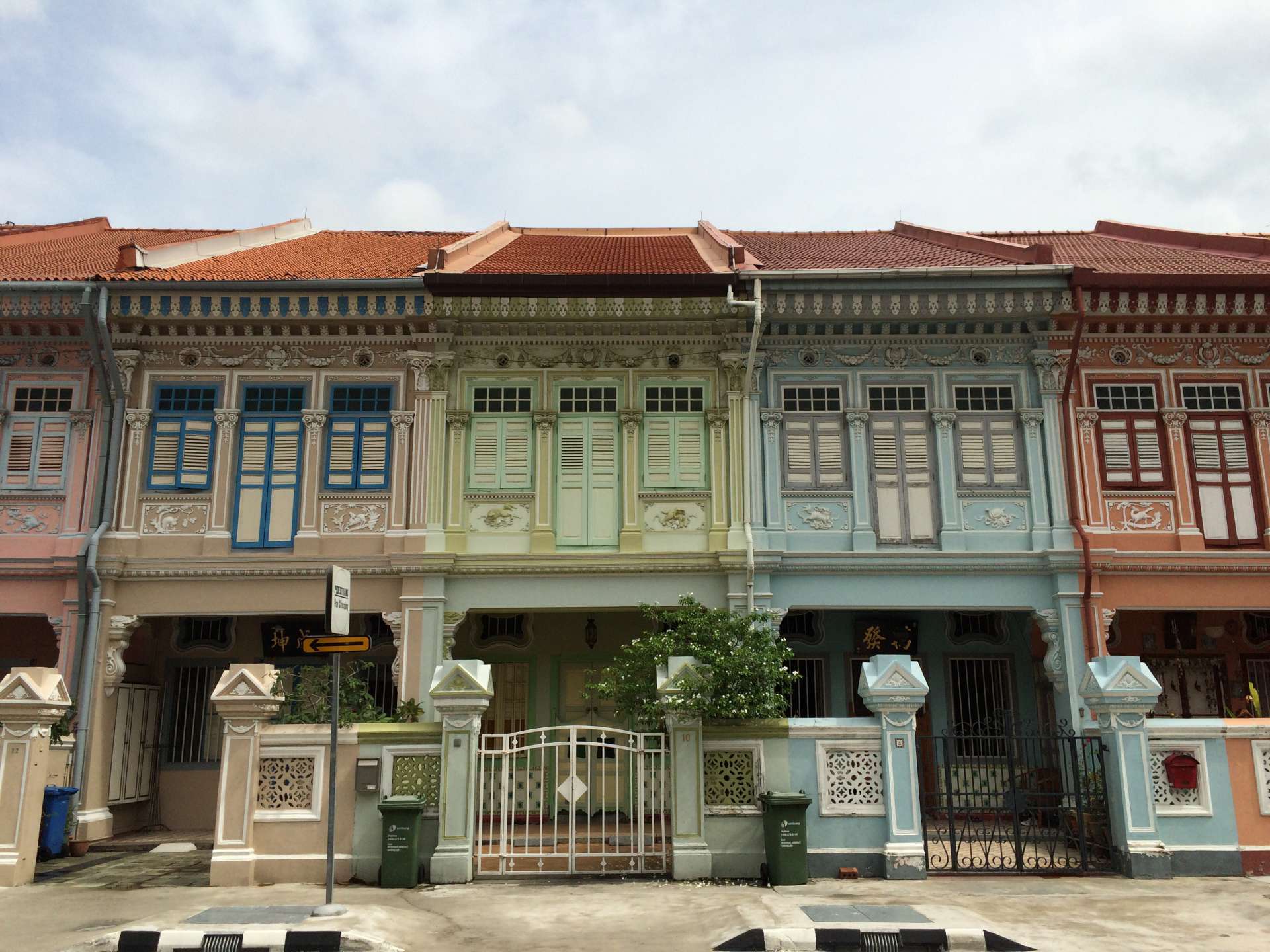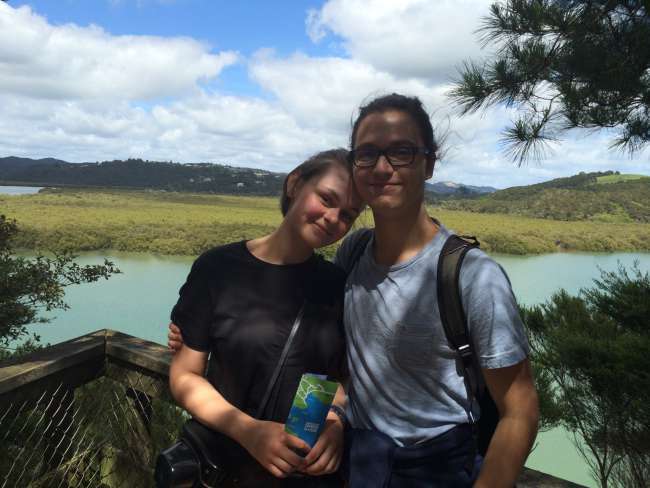Up, up, up, always up the stairs!
প্রকাশিত হয়েছে: 23.04.2017
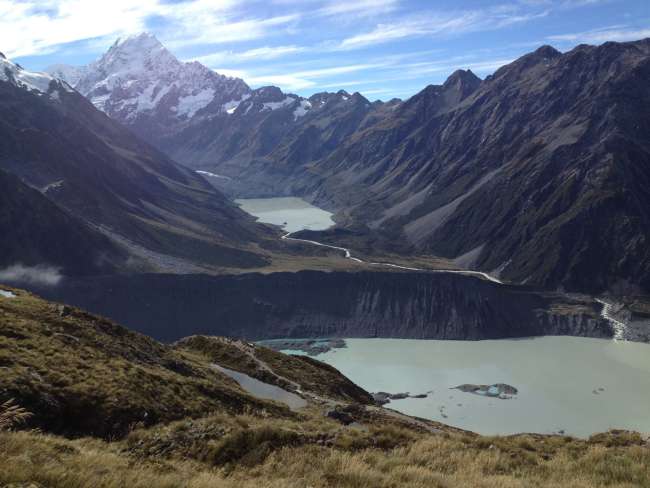
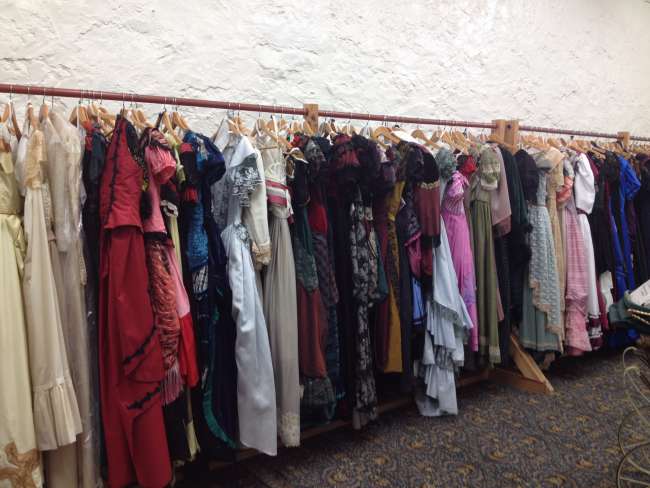
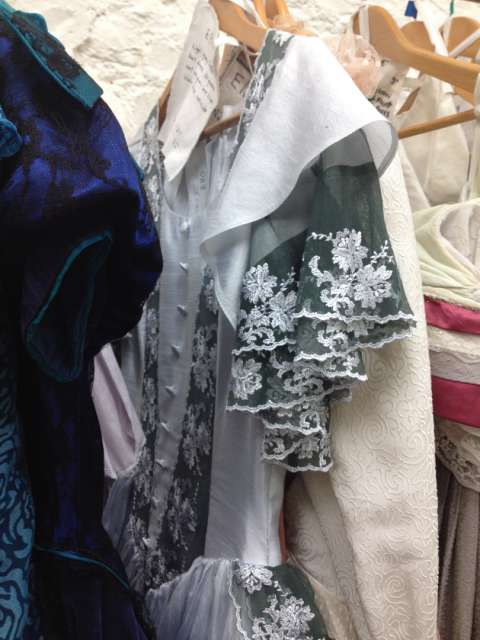
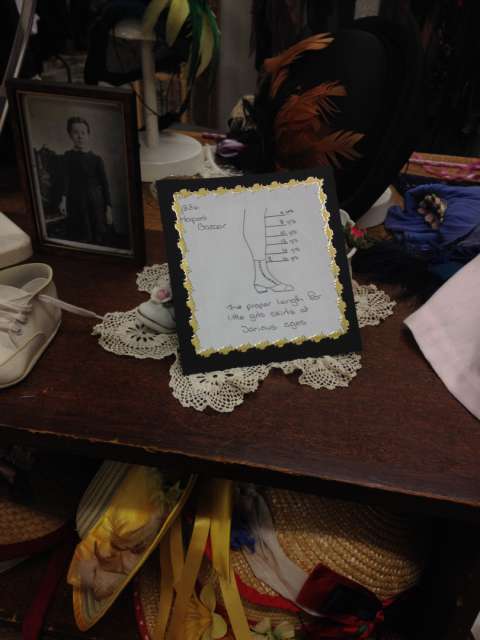
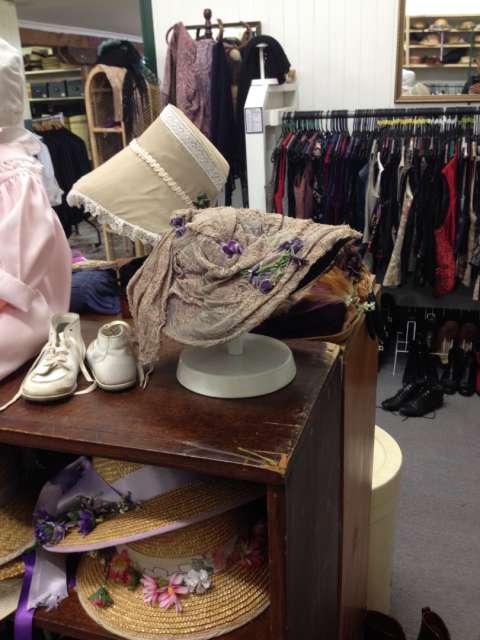
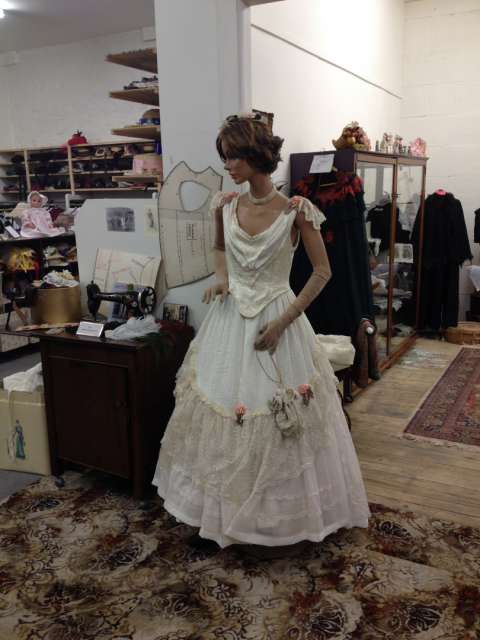
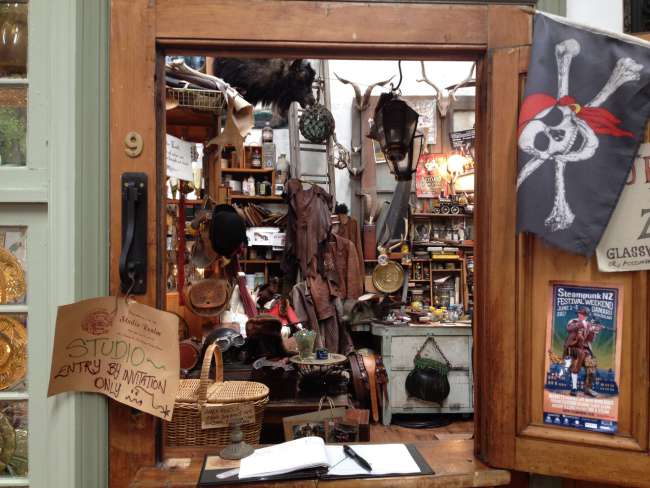
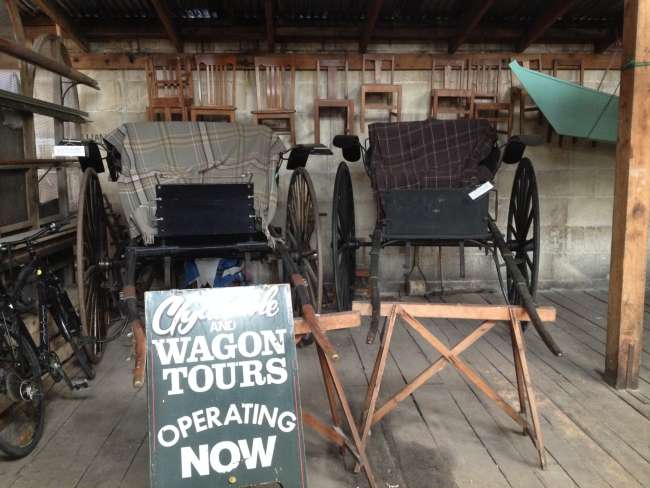
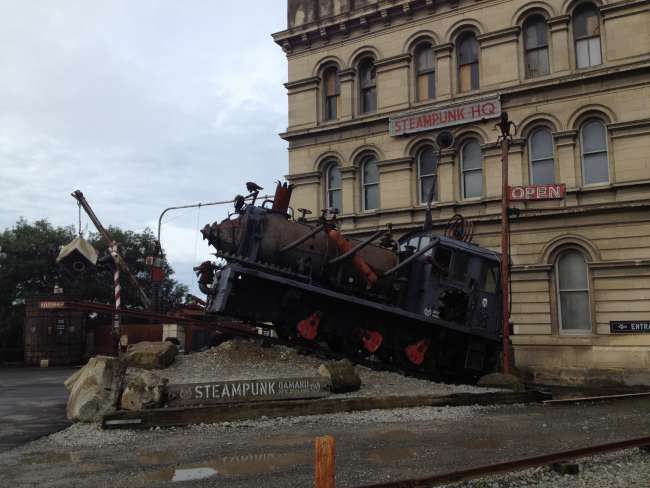
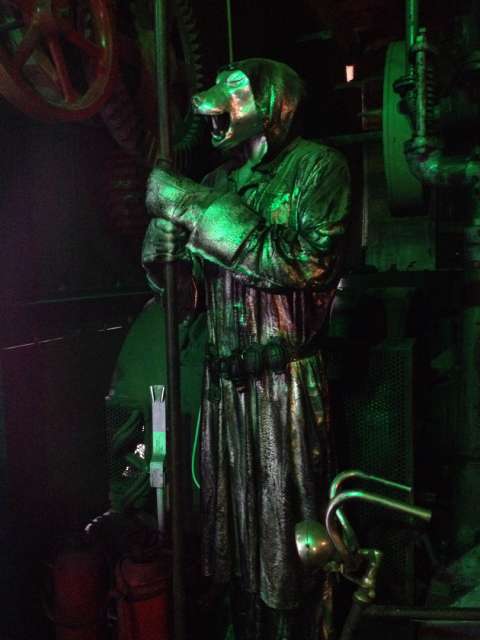
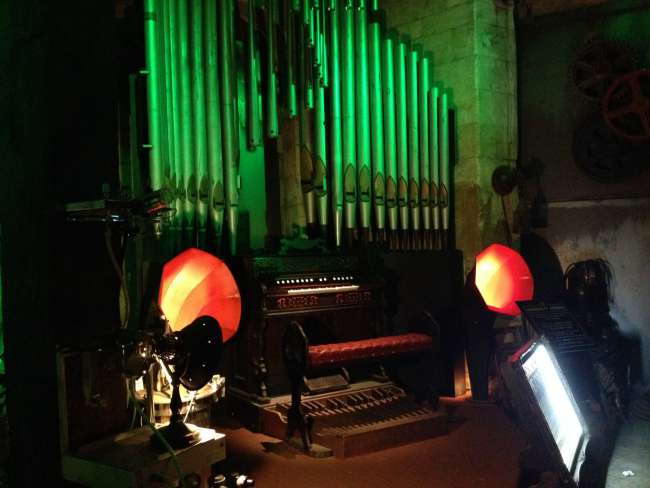
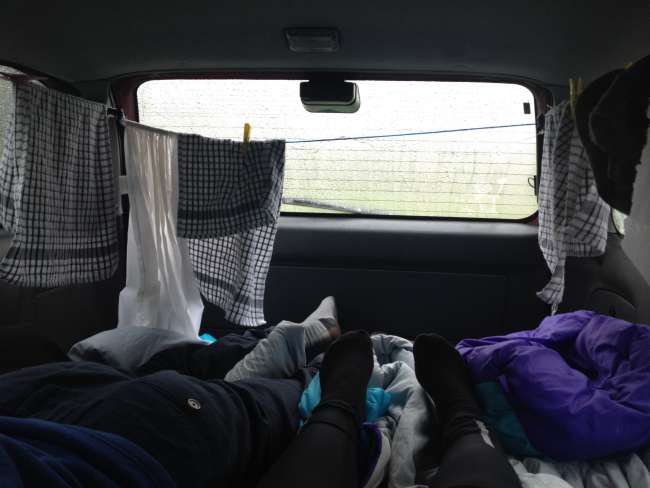
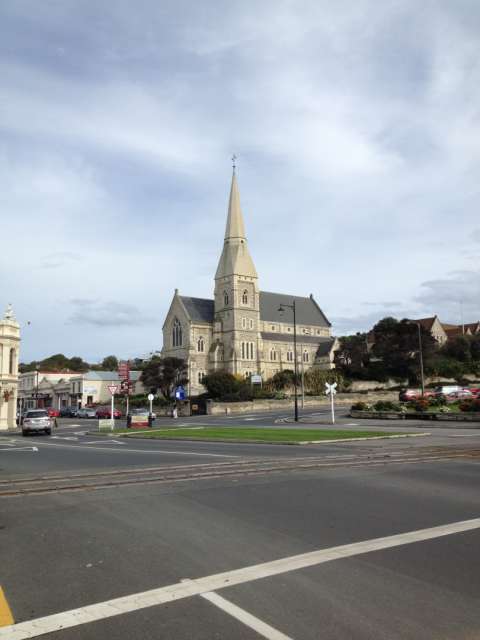
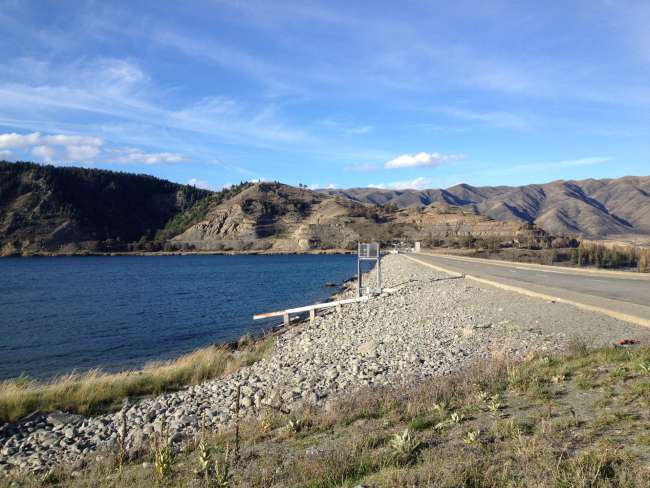
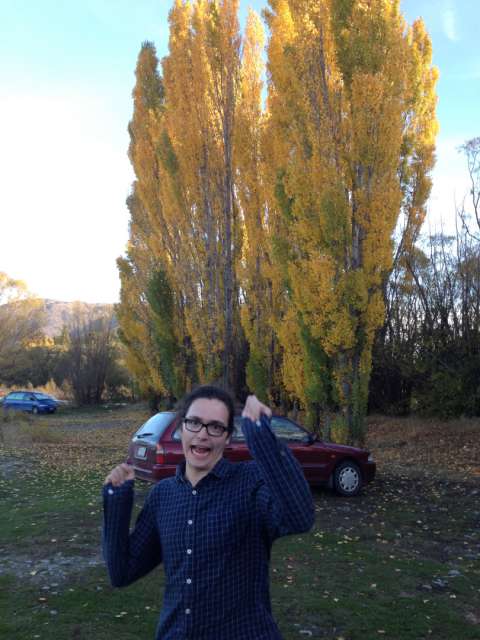
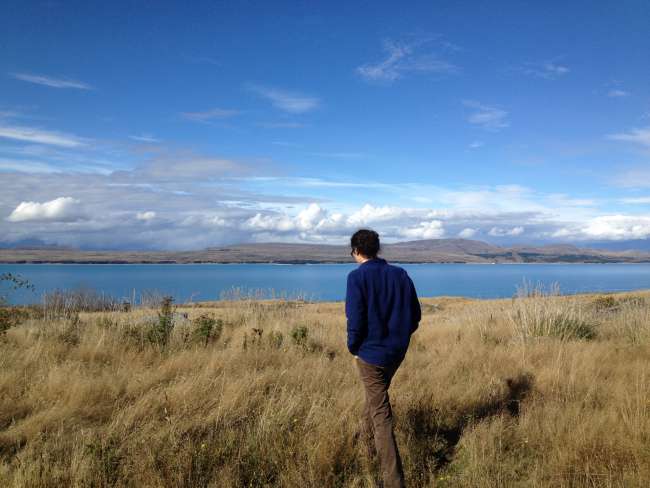
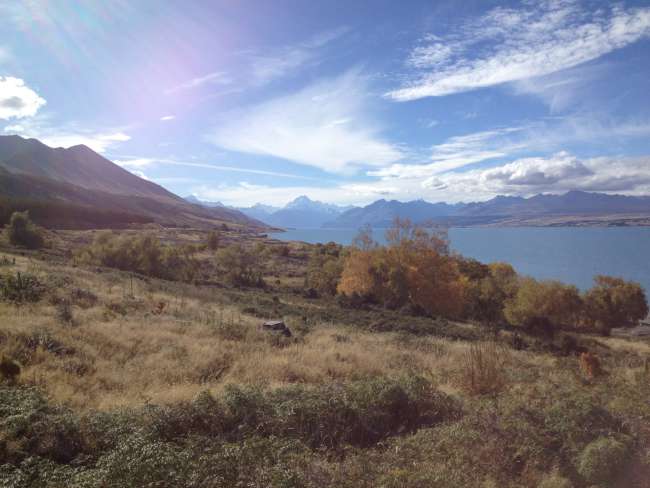
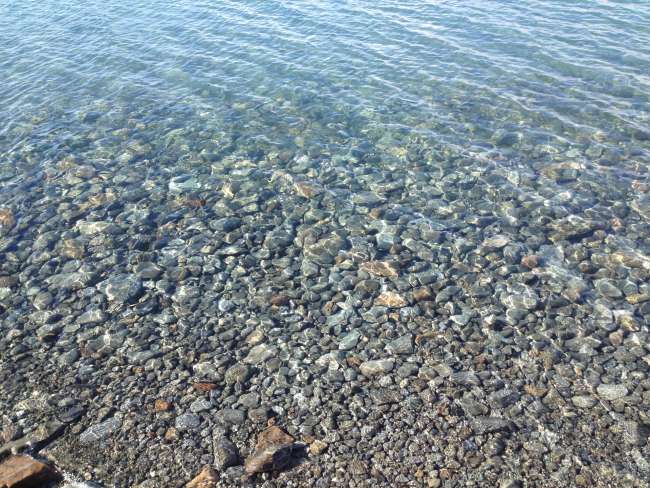
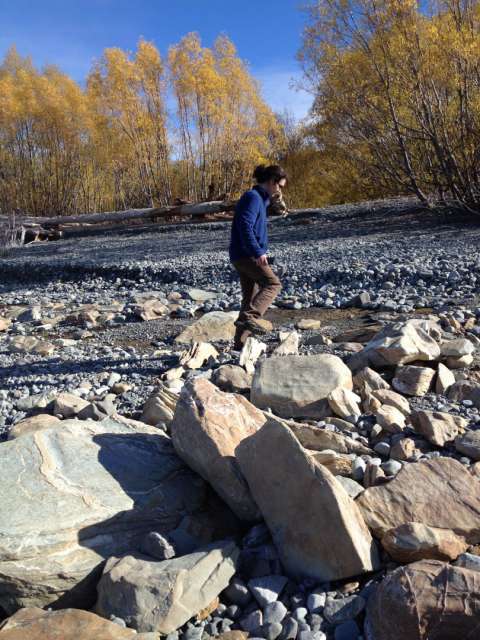
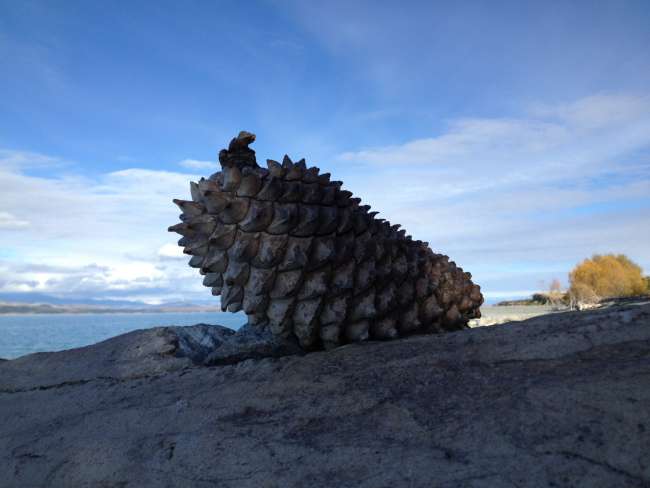
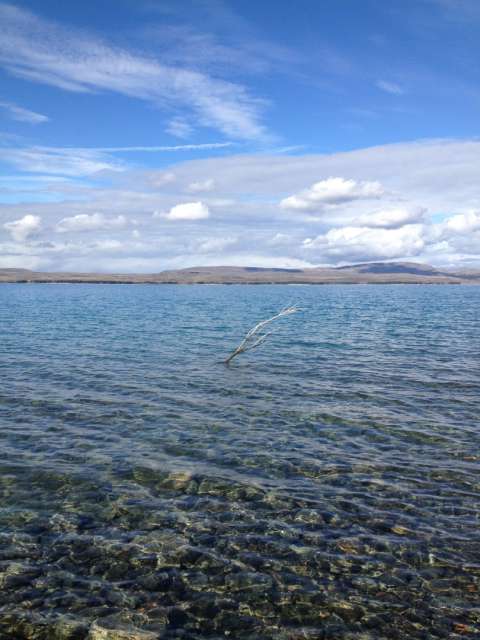
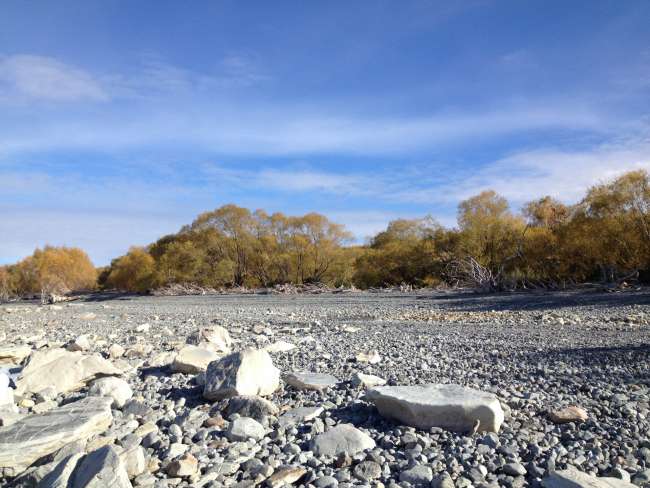
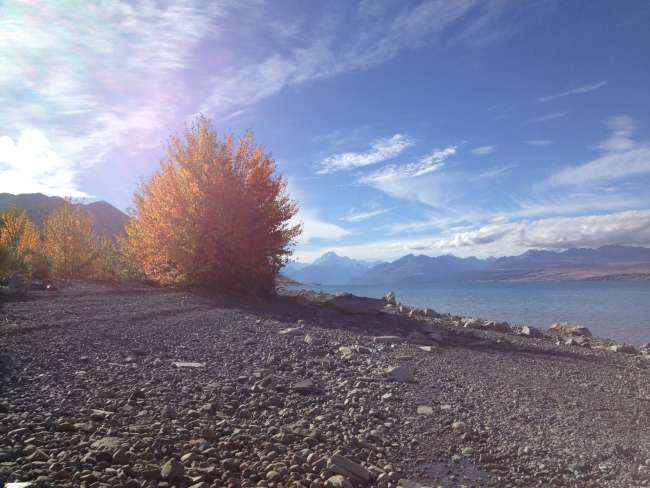
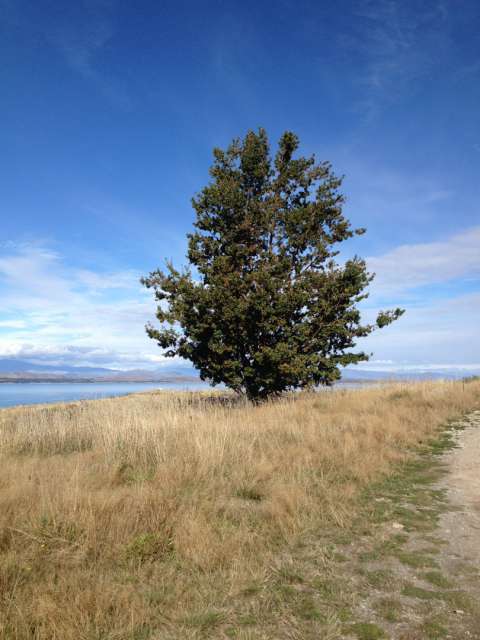
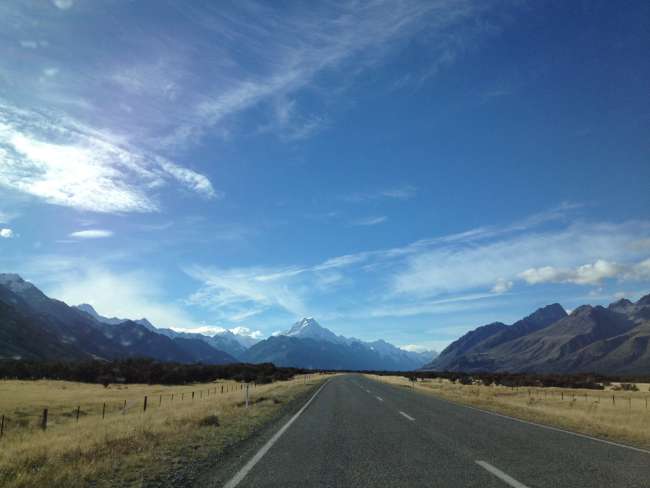
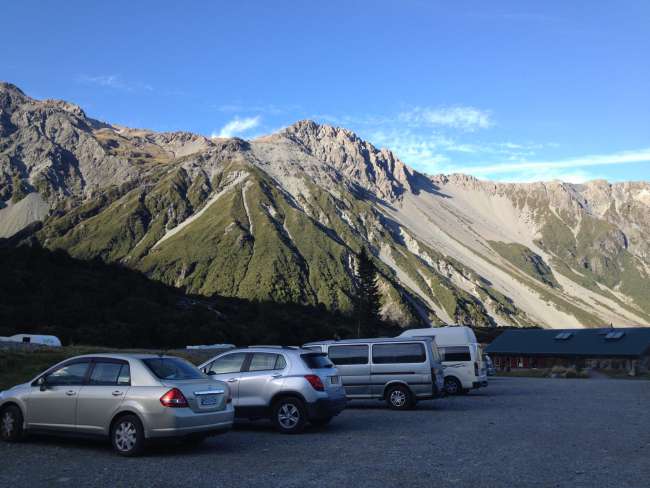
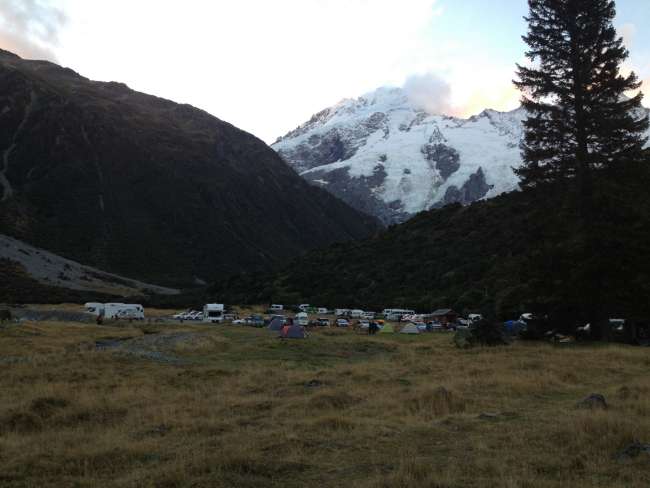
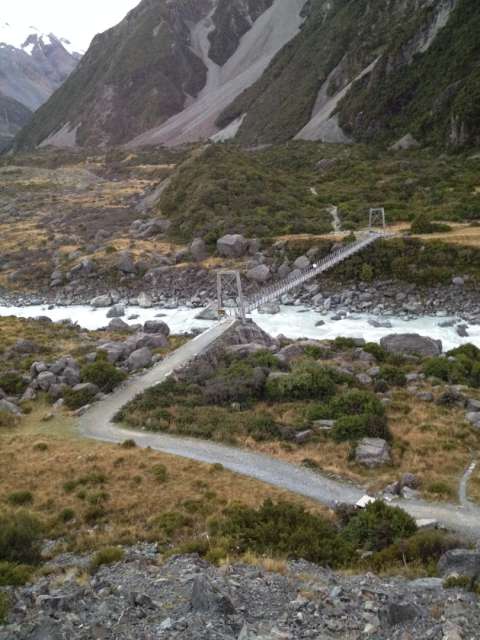
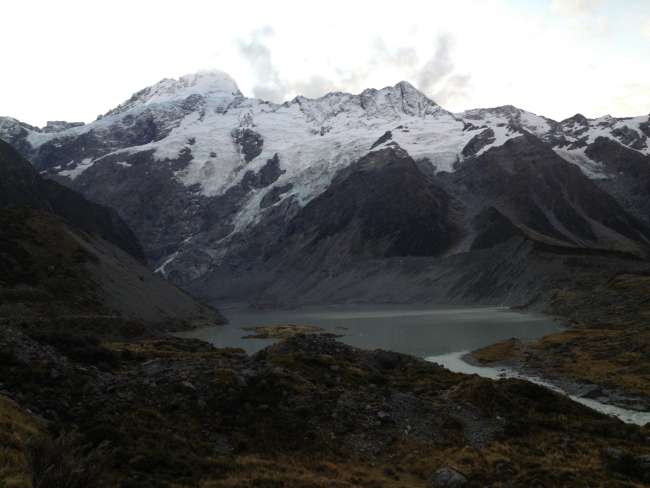
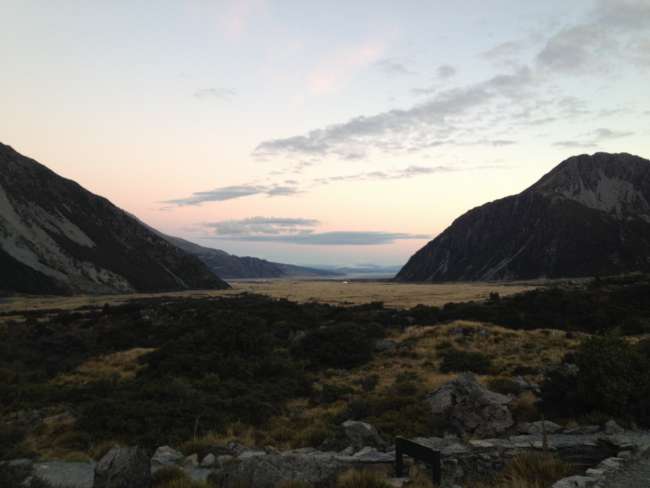
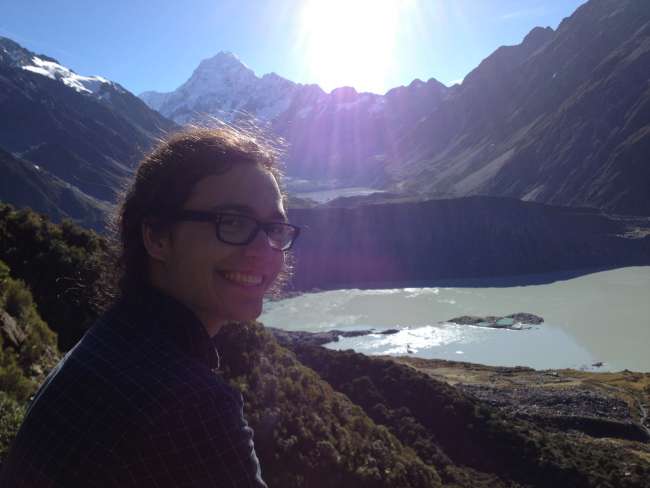
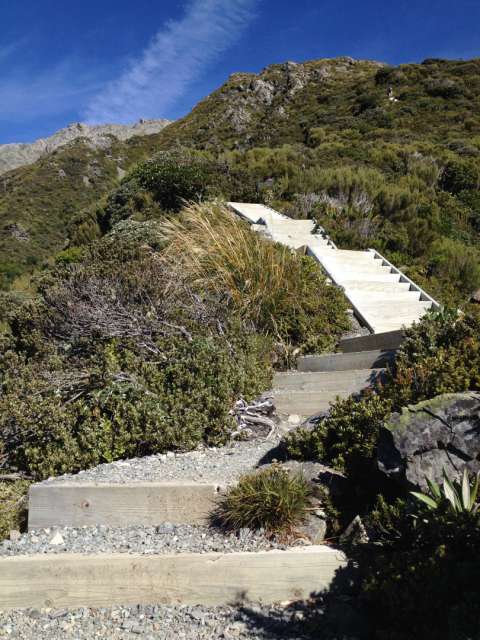
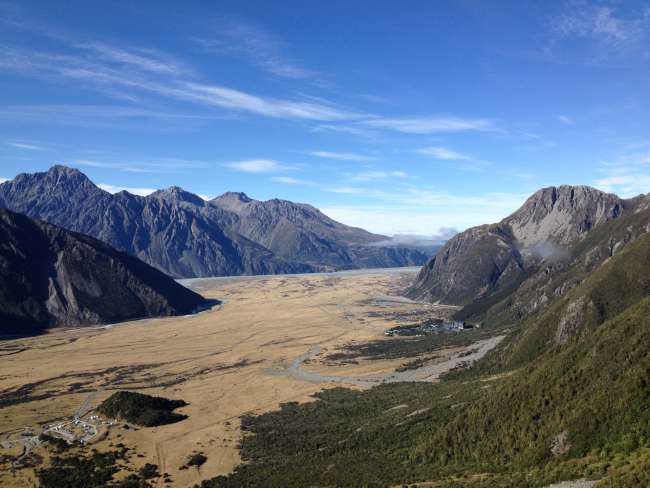
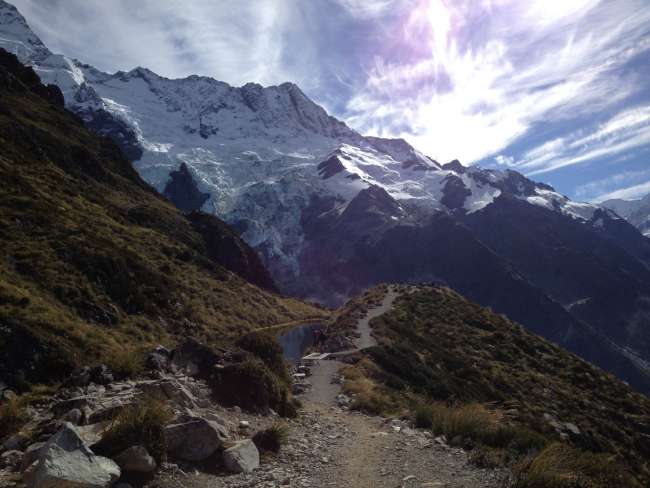
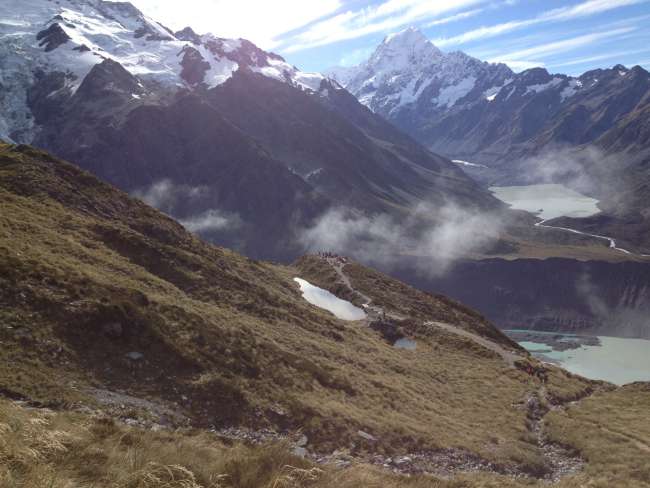
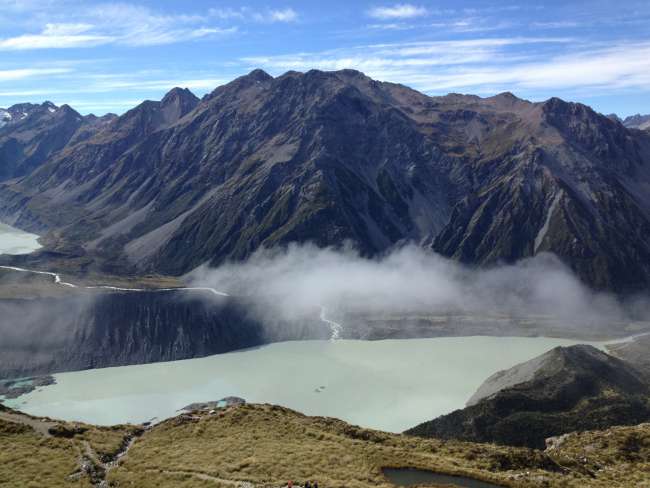
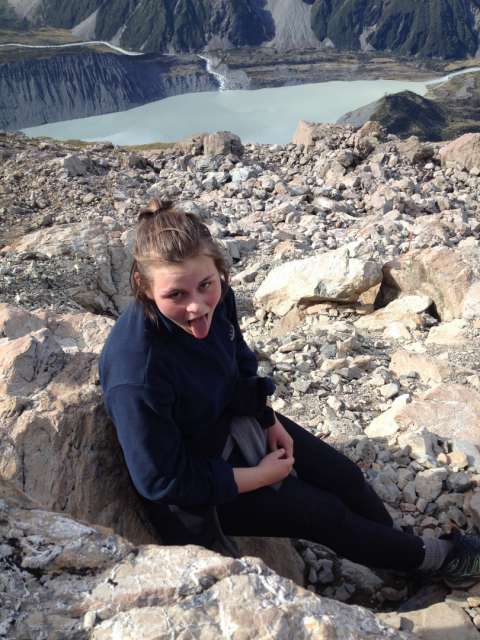
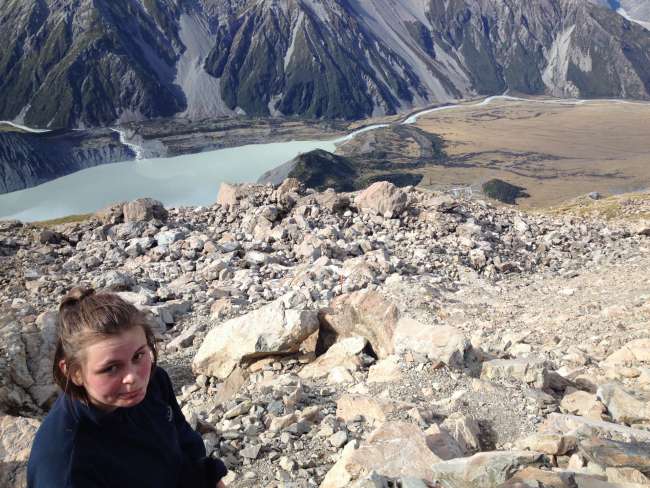
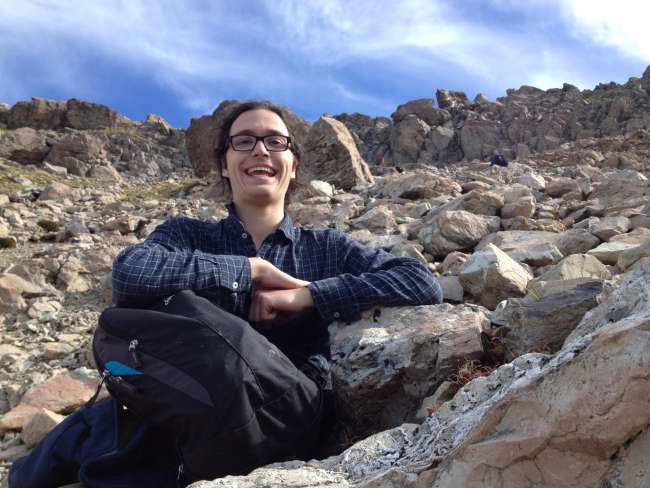
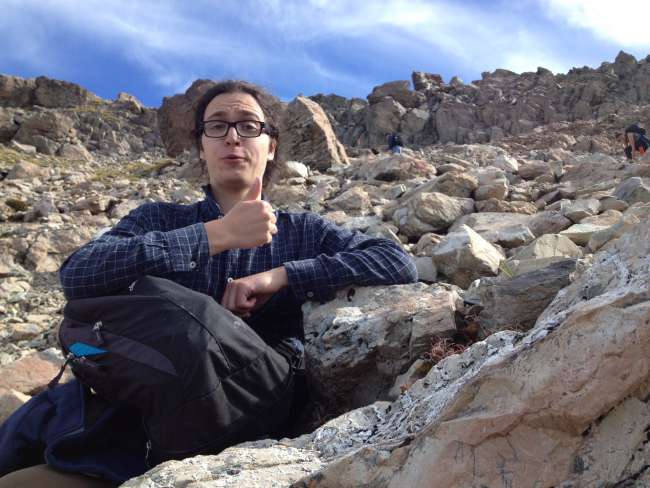
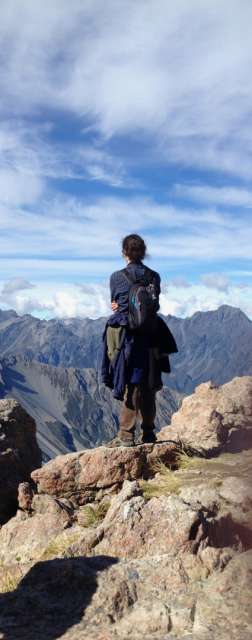
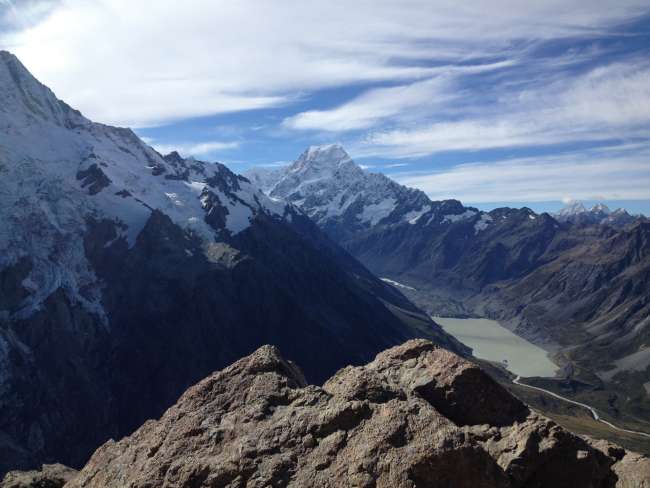
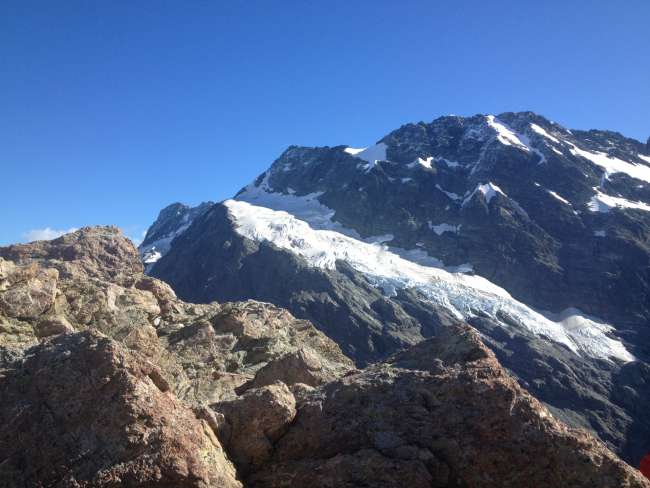
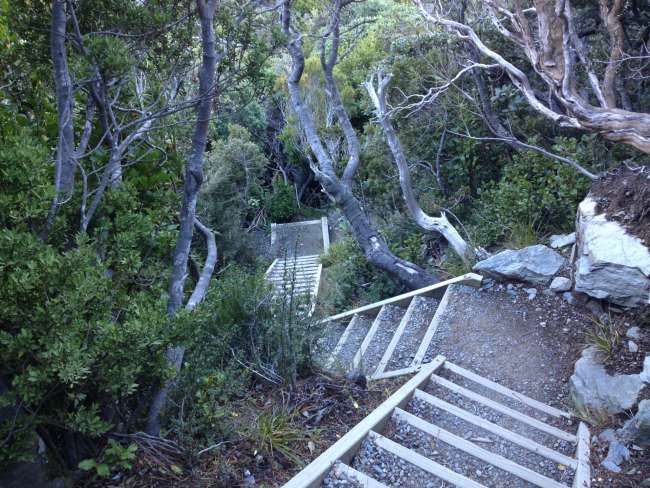
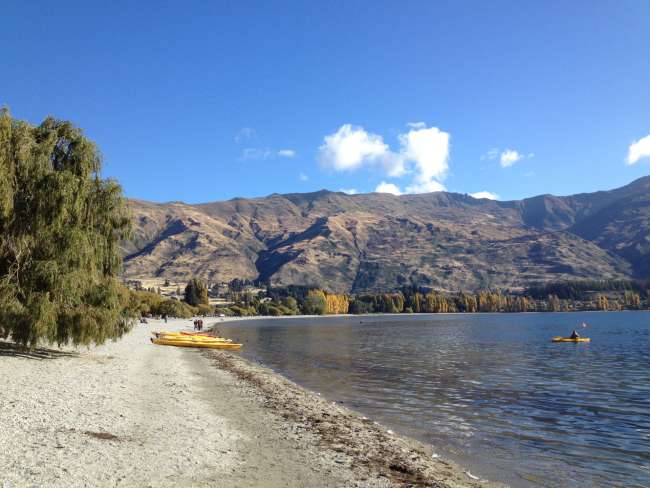
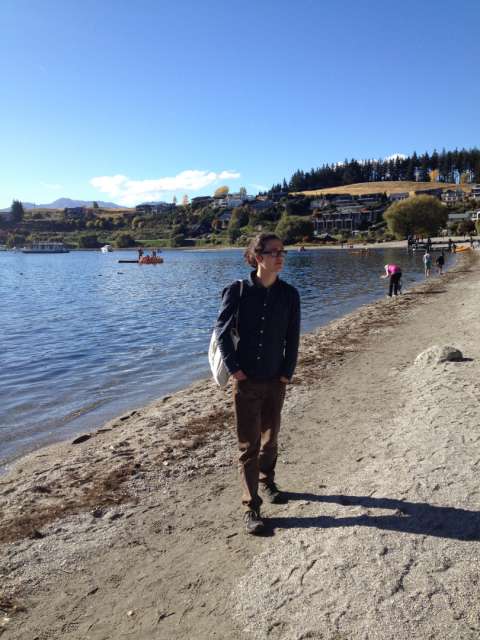
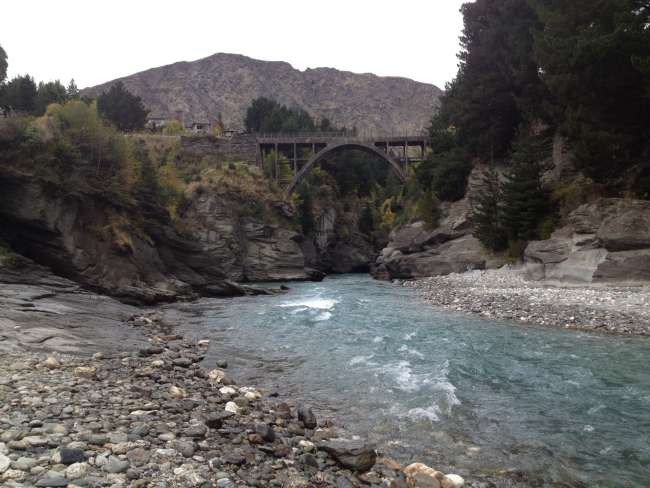
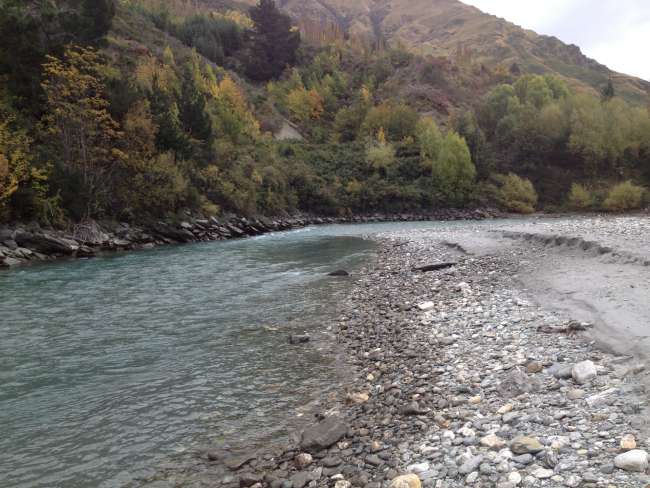
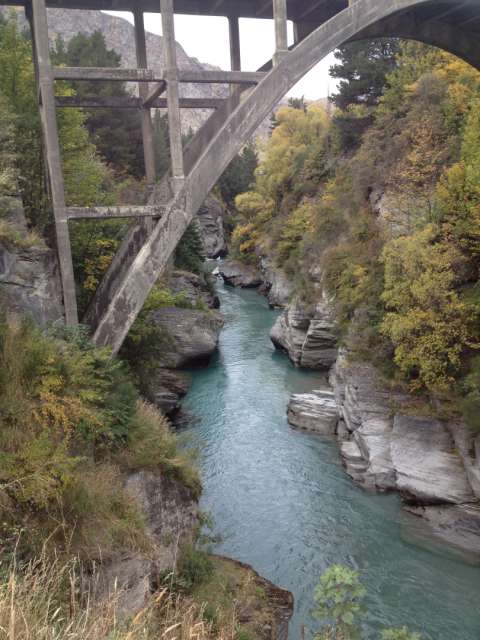
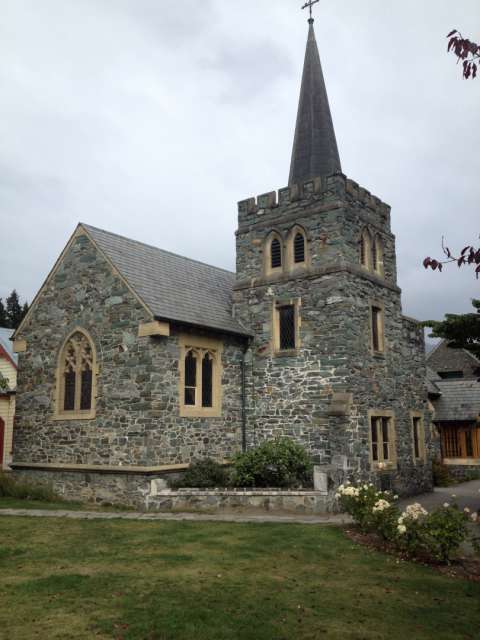
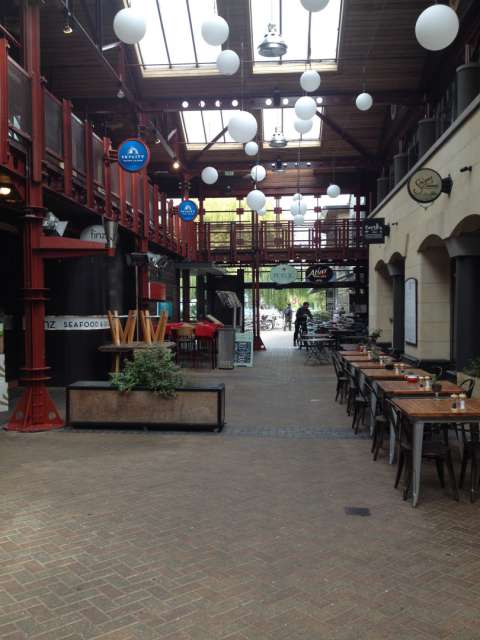
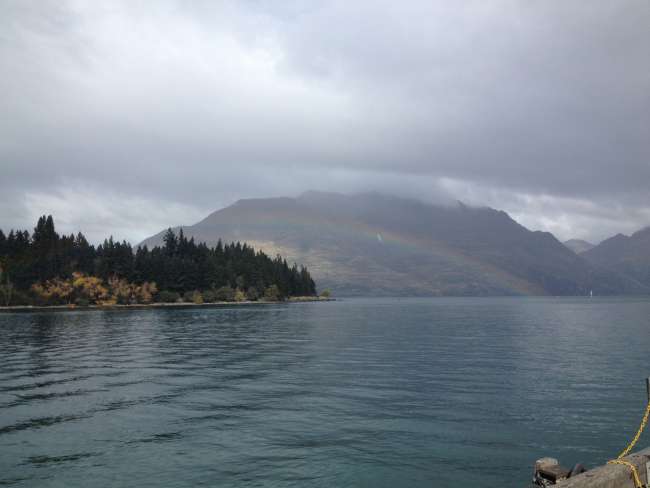
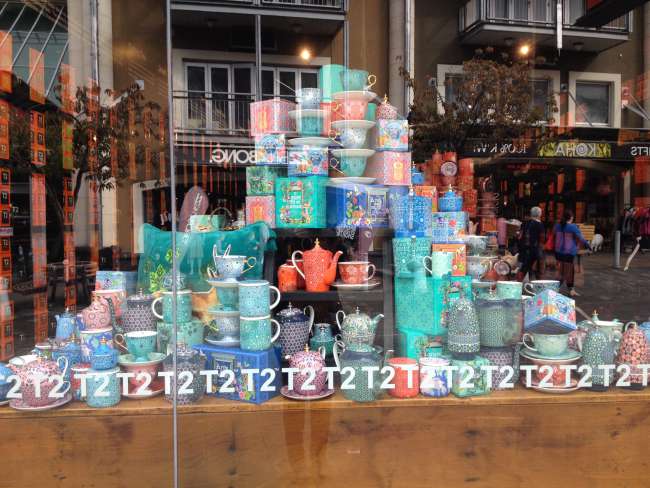
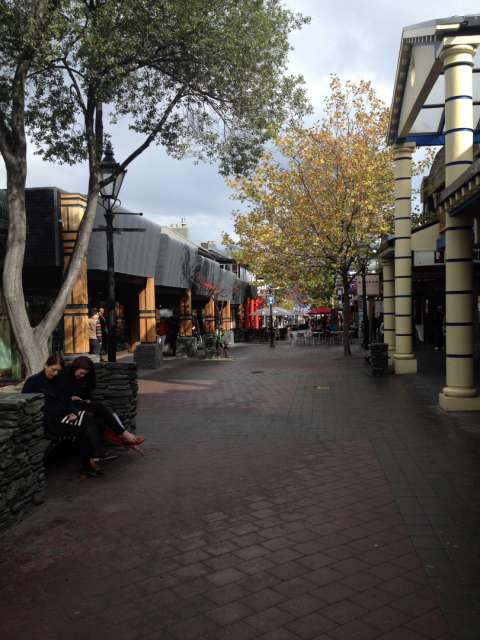
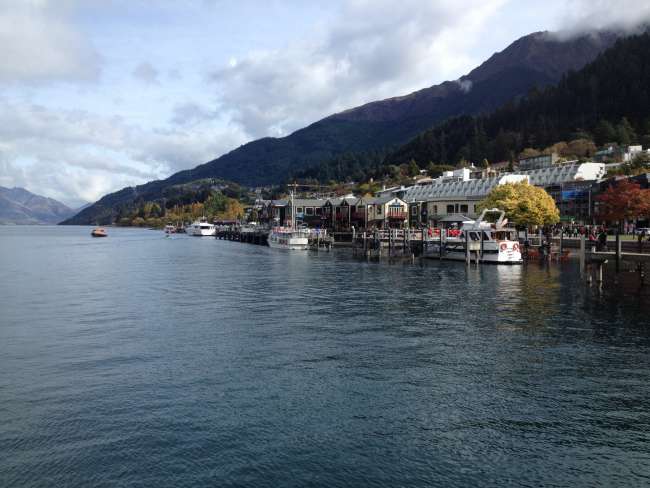
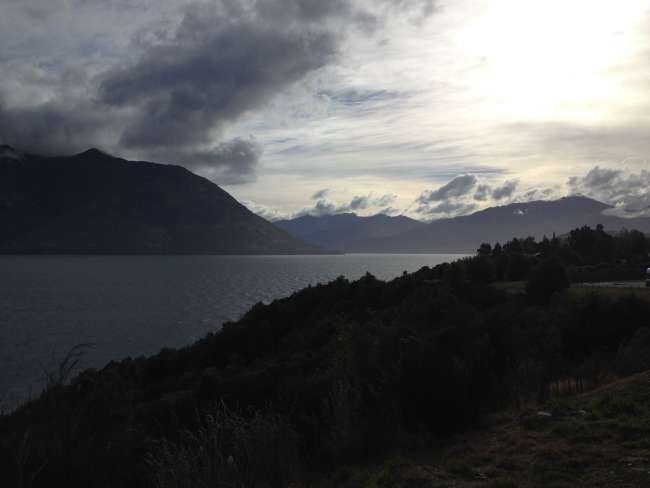
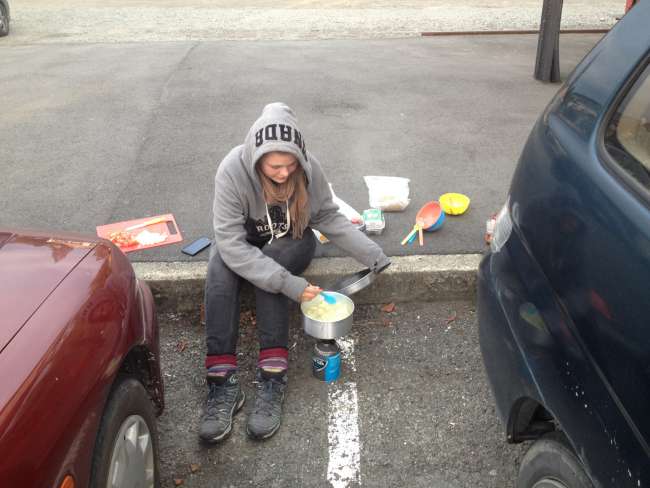
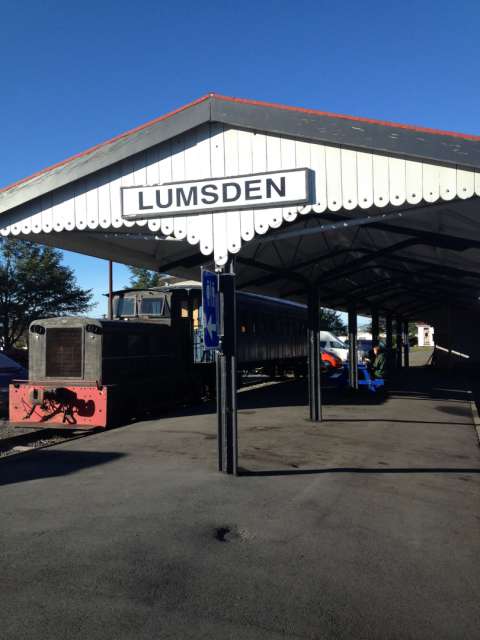
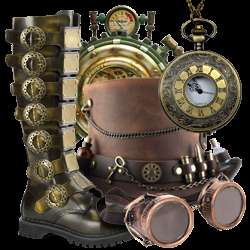
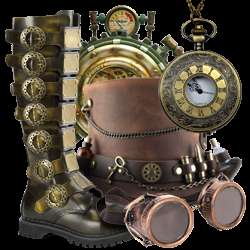
নিউজলেটার সদস্যতা
The past few days have once again shown us how exhausting traveling can be. The constant planning, driving, walking, taking photos, collecting impressions, and then moving on again is incredibly draining. It's always nice to see that we're not alone in this. Just recently, we met a very likeable couple from Berlin who had originally planned to go on a world trip. But now they are planning to go home - the homesickness was just too strong. I can understand that very well. In fact, we increasingly find ourselves yearning for our own beds, or the relaxed Saturday morning breakfasts, and writing imaginary shopping/meal lists. Our journey is starting to feel like a circle - the closer we get to returning home, the more often I think back to the time we left Germany. Eventually, it's time to return home and one gets tired of traveling (but not in a negative sense... it would be better to say one is 'satiated' with traveling). Although we are already busy planning new trips... but we'll save those for later.
But where were we? Right, Duntroon. There's actually not much to say about the place: there's an affordable, well-equipped campground and it's located near the New Zealand town of Oamaru. Since Oamaru is known as the 'Steampunk Capital of the World', we had reason enough to camp in Duntroon. For those who are now wondering what 'Steampunk' is, here's a brief explanation: Steampunk (Steam = steam) is a subgenre of 'Science Fiction'. But not like we know it with aliens and time travel and such, but from the perspective of the Victorian era. So the concept of future technologies from the perspective of people in the 19th century. Think, for example, of Jules Verne's novels.
Here's an example:
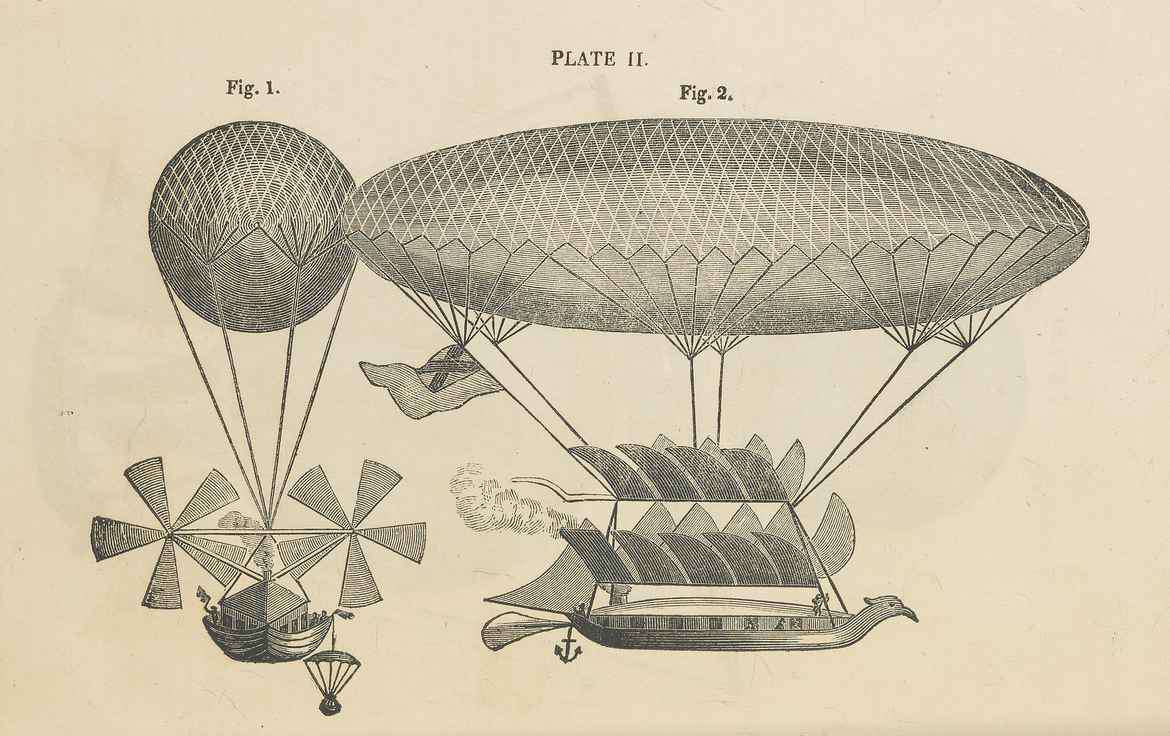
What began as a literary movement in the 19th century quickly evolved into an art and artistic direction that is still popular with many today.
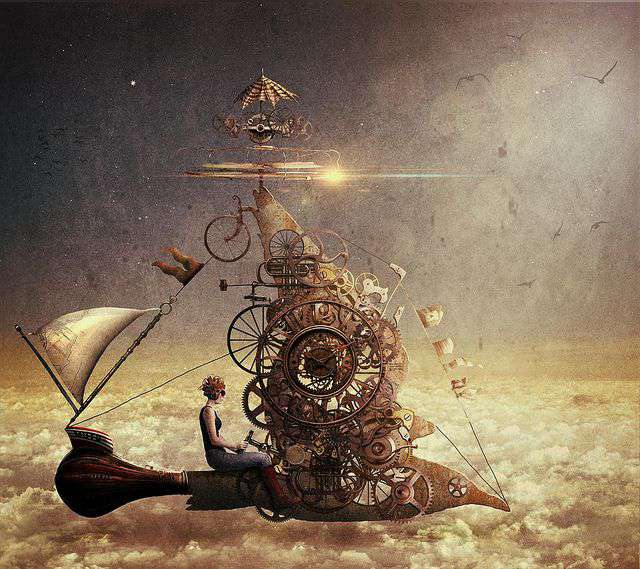
The people here really love steampunk and anything related to the Victorian era. Some of the 'locals' walk around in Victorian clothing on the streets and several times a year there is a 'Steampunk Festival'. A collection of well-preserved Victorian houses forms the Steampunk district. It's full of workshops and studios, second-hand bookstores, and restaurants, all with more or less Victorian flair. My personal highlight was visiting a tailor shop that made Victorian clothing for rent (for example, for weddings or festivals). One of the seamstresses (wearing a high-necked Victorian dress), with whom we chatted briefly, noticed my love for sewing and promptly took us to the studio, showed us some patterns, and told us a lot about the process of making the clothing. We were very disappointed, however, by the highly-announced Steampunk Museum, which was more like a mix of a haunted house and a landfill and definitely not worth the money!
Since the weather was supposed to improve next week, we were finally able to put our plan into action to visit 'Mount Cook' (or 'Aoraki', as it is called in the language of the Maori). Although our pitiful outdoor skills were not enough to conquer the 3,724-meter high giant itself, we ambitiously decided to at least get closer to it in terms of altitude. But to reach the mountain itself, there's practically no way around 'Lake Pukaki'. The two form a 'dream team' in terms of New Zealand's natural beauty and are a popular postcard motif. We also took countless pictures.
After a long stopover, we continued to a campground at the foot of Mount Cook and its colleagues. A good deep sleep before the strenuous hike the next day was prevented by both the icy cold and a Kea (an alpine parrot species native to New Zealand) that somehow had it in for our car. We, ambitious (and inexperienced) as we are, of course opted for the challenging route up to the 'Mueller Hut', a hut on the top of a mountain (don't ask me which mountain... it was big), where you can spend the night and then embark on further adventurous expeditions into icy areas the next day. 3.5 hours were planned by the Department of Conservation for the route from the campground to the hut... measured by the fitness standards of an Uruk-hai, as we later realized. What we had completely forgotten is that to reach a mountain, you have to... go up! That meant stairs for us. 2,000 steep, uneven steps... in the glaring sun. And of course, we were dressed way too warmly in anticipation of snow and ice. So it happened that we (I) paused about every 100 meters and occasionally had to take off a layer of clothing, which we then had to somehow tie around ourselves in the most impractical way.
As I was climbing along (and internally cursing every inch of these stupid stairs), I wondered why so many people take this arduous path (because I wasn't the only one with visible beads of sweat running down my face). Of course, I also wondered that with every step (WHYYYY??? the voice in my head screamed). Because of the great view? For the photo? Out of sheer curiosity? Like, what comes after this mountain ridge? (Usually another one, as we now know). Or: What does the world look like from up there? Or maybe just to prove something to oneself. For me, it was a mixture of everything. But I have to say that the view of the surrounding mountains, glaciers, lakes, and valleys was simply breathtakingly beautiful. And there's no more exhilarating feeling than when you finally made it...if...
But first there were the stairs. At some point, we also made it past the last step and thus completed about halfway of the track after about three hours (wait a minute... wasn't that the time allocated for the entire route?). Here, we took a short drawing/breathing break (which was actually very short due to the blazing sun) and could finally enjoy the view without having to concentrate on the path.
Then we continued. The direction hadn't changed, but the conditions had. There was no staircase here, but lots of rubble and an unsecured steep slope that had to be somehow climbed, half crawling, half climbing. But we made it (although to this day I have no clue how)! Although we didn't make it all the way to the hut, we reached the top of the mountain (we have photographic evidence... otherwise we probably wouldn't believe it ourselves). It was actually a very interesting experience to observe the world from up there and to be so close to high mountains. For example, we heard/saw avalanches on a neighboring mountain. The descent was considerably faster and we were mighty glad (and a little proud) when we had both feet back on flat ground. At the end of the day, our legs definitely had the consistency of jelly.
In the next few days, we wanted to take it easy, so we visited the resort town of Wanaka (located on Lake Wanaka) and the 'Adventure Capital Of The World' Queenstown (with the famous mountain range 'The Remarkables' in the background). We were equally impressed by both cities because of their great location, but also because of the many creative shops and restaurants as well as the noticeable youthful vibe - and that doesn't happen often with New Zealand cities.
On our way to Queenstown, we also stopped at the 'Shotover River' and the associated 'Skippers Canyon', another iconic filming location for 'The Lord of the Rings'. This is where Arwen drives away the Nazgûl by conjuring up a flood. Even though we didn't make it to the exact spot where the scene was filmed, the river and canyon were definitely worth a visit.
So... I can't come up with a rounding closing sentence. And it's already 10:21 PM, and since our current 'bedtime' is at 8 PM, it's definitely time for me to unplug...
Good night.
Richi&Maggi, Thursday April 27, 2017, Manapouri 10:24 PM
P.S.: For some reason, I can't delete the last two pictures, they're not supposed to be there. So don't be surprised :)
নিউজলেটার সদস্যতা
উত্তর (1)
Daniel
Ein toller Bericht!
Weiterhin viel Spaß und tolle Erlebnisse...
ভ্রমণ রিপোর্ট নিউজিল্যান্ড
